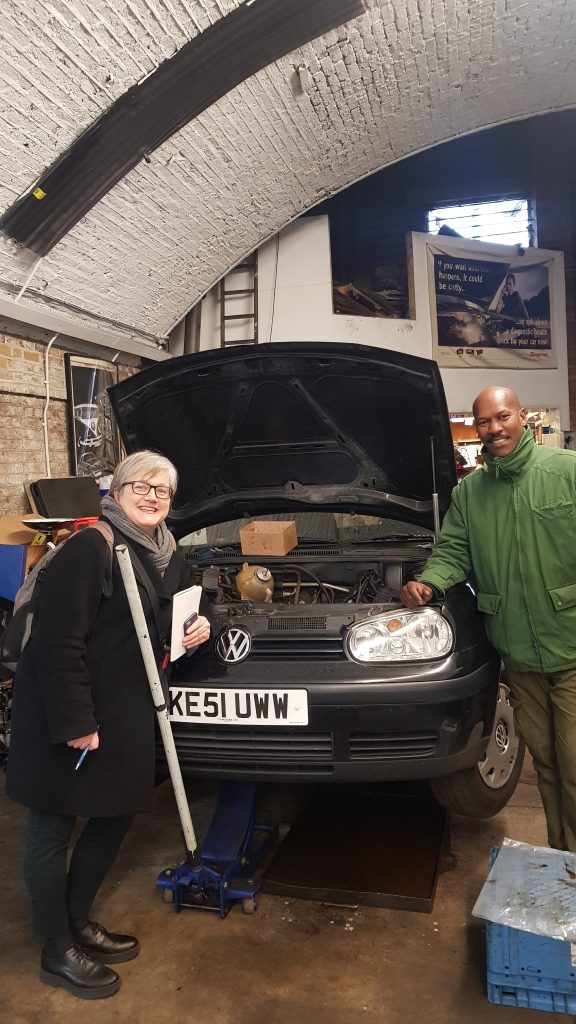Coronavirus takes its toll on small businesses

When most of us think about the Square Mile, we see glass towers and banking behemoths. Yet, the reality is that 98 per cent of businesses in London’s financial district are small and medium enterprises such as tech firms, dentists, barbers, sandwich shops, nail bars and pubs, employing nearly half the people working there. These businesses, many of which depend on those skyscrapers being full of hungry, thirsty and time-poor employees, are at risk of going under because of the new coronavirus model of working from home or in socially distanced offices.
A survey by the Guardians of the Arches and East End Trades Guild found that 77 per cent of their members will not be able to pay their next quarterly rent. This is partly due to the capital’s higher operating costs, which are penalising small and medium business owners more than those in other parts of the country.
Government packages for small businesses have helped many businesses, but more assistance is needed. I have written to the Chancellor Rishi Sunak asking him to put into the place the measures laid out by the East End Trades Guild, Guardians of the Arches and New Economics Foundation. Their four key asks are:
- Establish a London weighting for business support thresholds which reflects the capital’s higher rateable values;
- Resource and then mandate landlords, including local authorities, to offer unconditional support on rents for all small business tenants severely affected by lockdown;
- Resource and then mandate local authorities to ensure small businesses severely affected by lockdown do not miss out on intended government support; and
- Expand government support offered to businesses in the retail, hospitality and leisure industries to include small businesses wholly or mainly reliant upon these industries.
I first raised in April the problems in the Chancellor’s coronavirus business package with Deputy Mayors Debbie Weekes-Bernard and Rajesh Agrawal. These include the 15,000 cap on London Rateable Values being too low; no support for light industry and manufacturing; boroughs relying on out-of-date and faulty data; and no independent route for businesses.
The management of the pandemic is now moving from immediate emergency response to a more long-term approach looking to the future with the establishment of the London Transition Board and the Recovery Board, which met for the first time last week. One of their biggest tasks will be to support small businesses as the furlough scheme tapers off and firms are expected to start paying their staff again.
If additional support is not made available to small businesses in the capital, hundreds of them may fail, which would have wider and ruinous impacts on the lives of many Londoners. The challenge for London as we emerge gradually from lockdown is to protect the small businesses that are the beating heart of our city and essential for a thriving local economy.

